Exact Answer: 2 to 20 days
The tingling sensation can appear in the affected area anywhere between 12 to 24 hours and after that, the sores can appear in the area after two or twenty days. The duration of the outbreak depends upon the person’s body’s ability to fight the infection and whether they are on an antiviral medication. Herpes can appear in the genital or oral area of the patient, and they appear to be clusters of itchy or painful blisters.
Any kind of Herpes is caused by a virus is called the Herpes Simplex Virus and irrespective of the area affected the virus goes through the same stages of tingling, blistering, weeping, crusting, and healing.
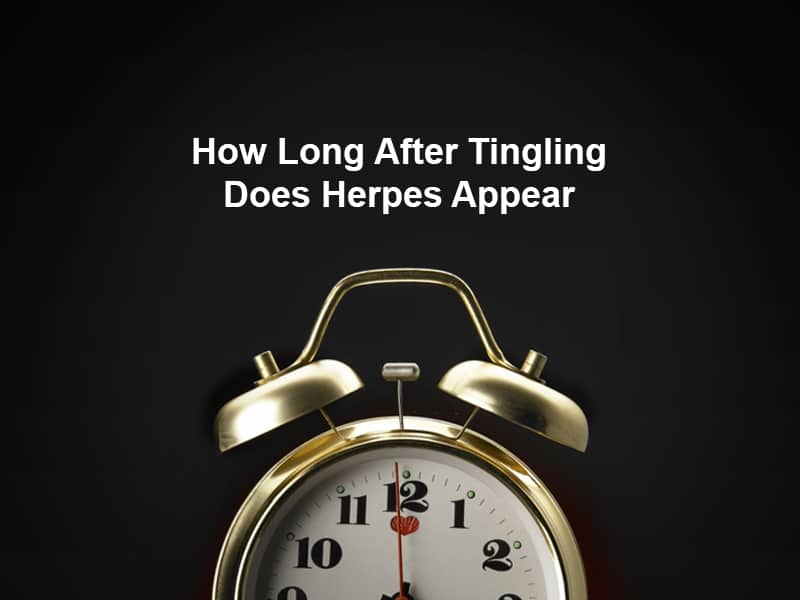
How Long After Tingling Does Herpes Appear?
So, to understand the timeline of a herpes outbreak, it is important to identify which is the virus causing the outbreak, because if it is HSV-1 then it causes fewer outbreaks while HSV-2 causes four to five outbreaks in a year. HSV-2 is the one that causes genital herpes and the herpes virus is estimated to affect every one out of six individuals.
The timeline can widely vary depending upon the type of virus and how much the patient is able to fight off the virus in their body. In some cases, the virus can lie dormant for some time while in some the viral symptoms can appear around two to ten days after coming in contact with the virus. Tingling is the first stage when the cold sore is about to develop and the area may also burn or itch. And eventually, after a day or two of the tingling, the virus can cause blisters to form both around the mouth or around the genitals area. Other symptoms of herpes are flu-like, with chills, fever, body aches, and swollen lymph nodes. However, during repeated outbreaks, the symptoms are less severe than the body has once experienced and hence formed the antibodies to fight against the virus. Also as this is a contagious disease, it is important that one should not come in direct contact with someone who has been affected by the virus and avoids physical contact or sharing objects with them.
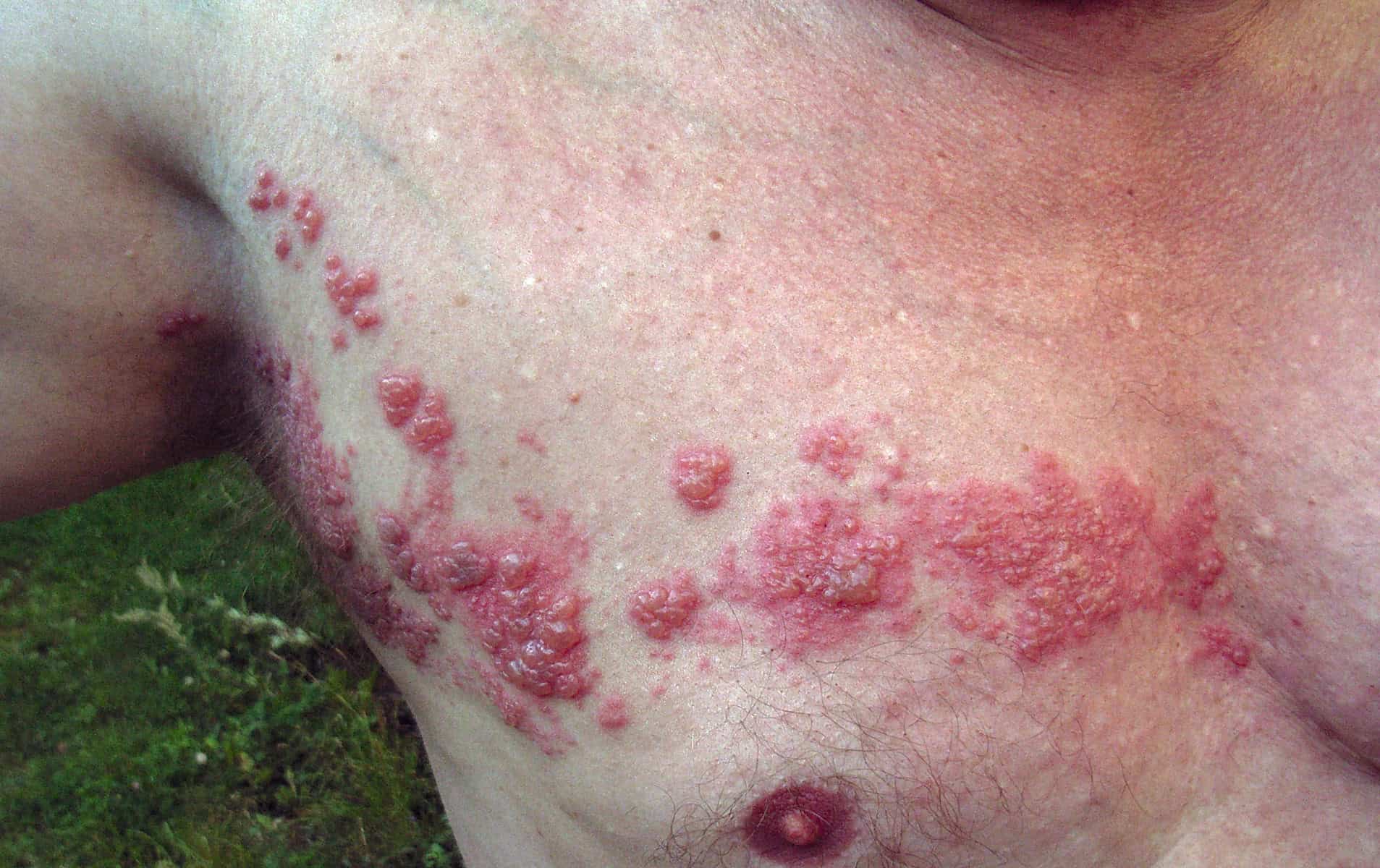
| Stage of Cycle | What Happens |
| Stage 1 | Tingling and itching |
| Stage 2 | Blisters containing fluids appear |
| Stage 3 | Blisters may burst, causing sores |
| Stage 4 | Sores dry out and the wounds are healed |
Why Does Herpes Appear After Tingling?
Herpes appears after tingling as it is the first stage of the virus infection. After the tingling is the blister stage, where blisters are filled with clear fluid, and the skin around them becomes red. It is important that the affected individual washes their hand properly after touching the affected area and avoid certain foods like spicy, salty, and citrus food. Then comes the weeping stage, when the sores open and are the most contagious during the infection, it is advisable that the individual does not pick at the sore. Crusting is the fourth stage when the blisters dry up and look yellow or brown. Cold or hot compression may be able to help during this stage of the infection.

If it is a genital herpes infection then the individual may experience numbness, burning in the genital region even while urinating, or any kind of discharge, also frequent need to urinate. Recurrence may occur due to illness, stress, fatigue, poor diet, and even steroid treatments. Medicines include zinc supplements and antiviral medicines like acyclovir, valacyclovir, etc, with medicine herpes virus can be cured within two to four weeks. It is important to see a doctor or do a blood test when the virus spreads to the eyes or the affected individual is having extreme uneasiness while urinating.
Conclusion
As there is no cure for Herpes, it can only be controlled and contained before the body can fight it off, it is better to prevent the infection to happen in the first place. However, it is almost never life-threatening and a lot of people from all kinds of demographics can get affected by it. In the case of genital herpes, women are more susceptible to the virus while men can be dormant carriers of it, and spread it unknowingly. So it is important that people who experience symptoms of it should get their checkups done and prevent it from spreading further.
References
- http://search.ebscohost.com/login.aspx?direct=true&profile=ehost&scope=site&authtype=crawler&jrnl=10151362&AN=128625542&h=3Ph1%2BVOpbaOq4zD2yjMzork77ulJIyO0nSDCfIqqTZSvpl2stF%2FUErgSXMWPfm%2B4BxxEEvD3nc03C%2FdBYu%2BIyA%3D%3D&crl=c
- https://search.proquest.com/openview/705414dc53362a5189be3b1f5a3c434c/1?pq-origsite=gscholar&cbl=32528

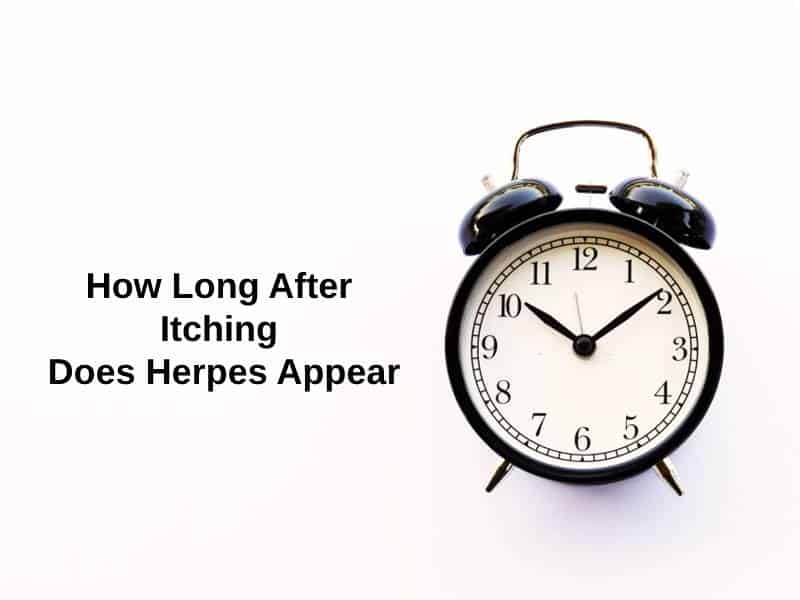
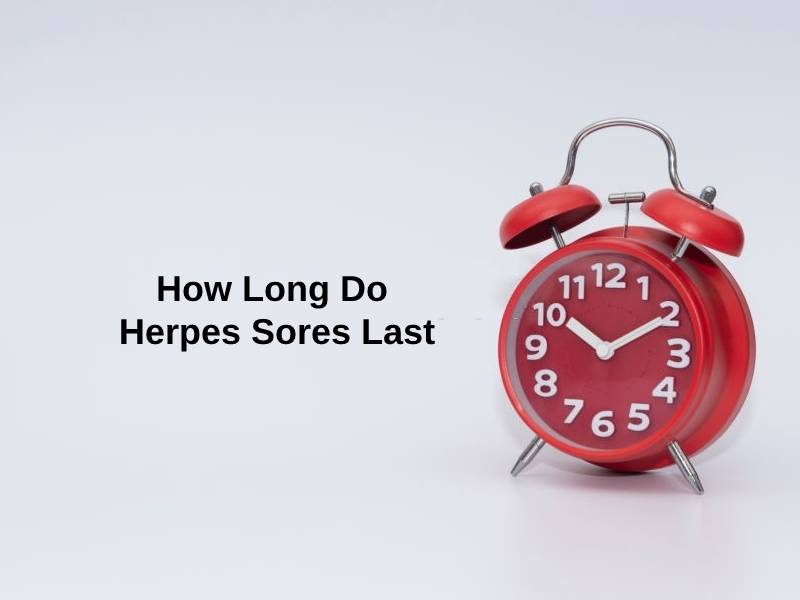
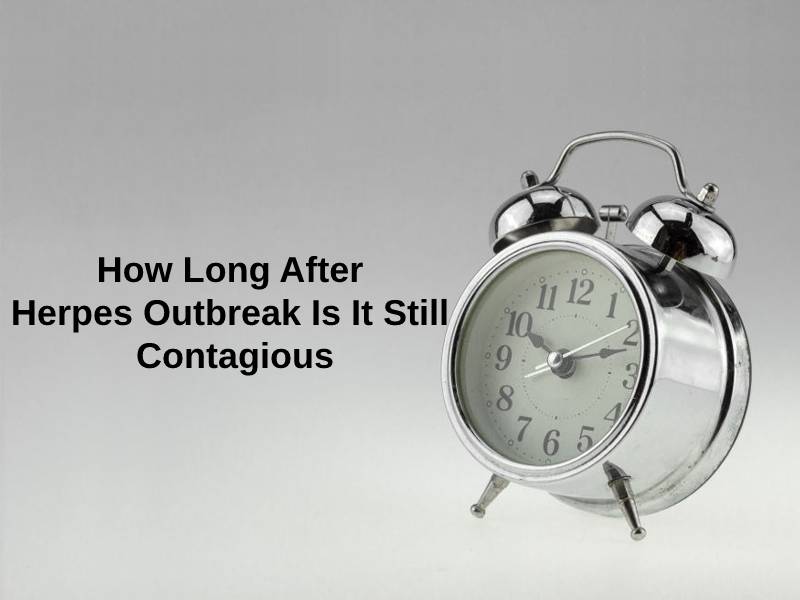
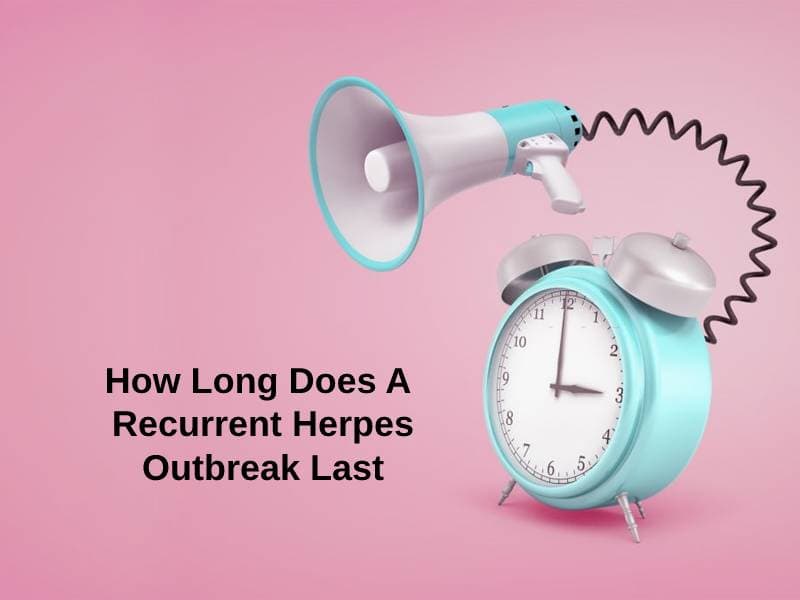
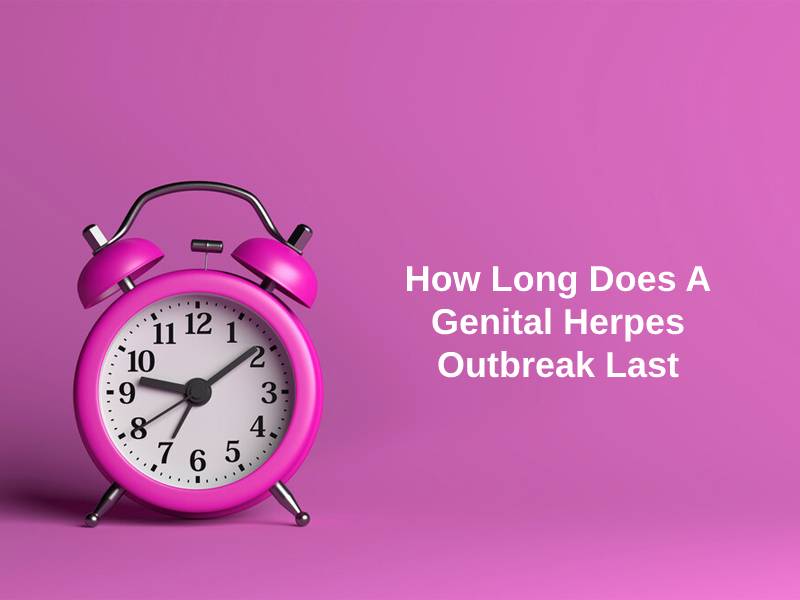





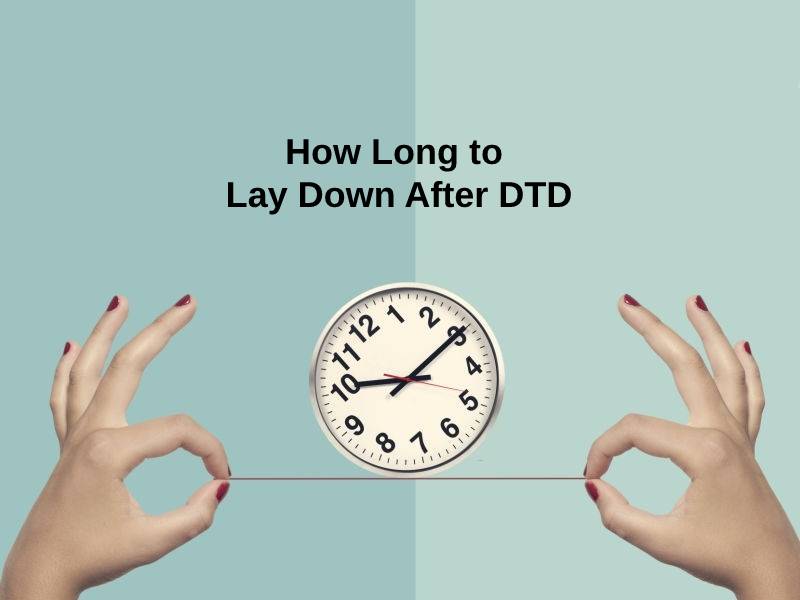





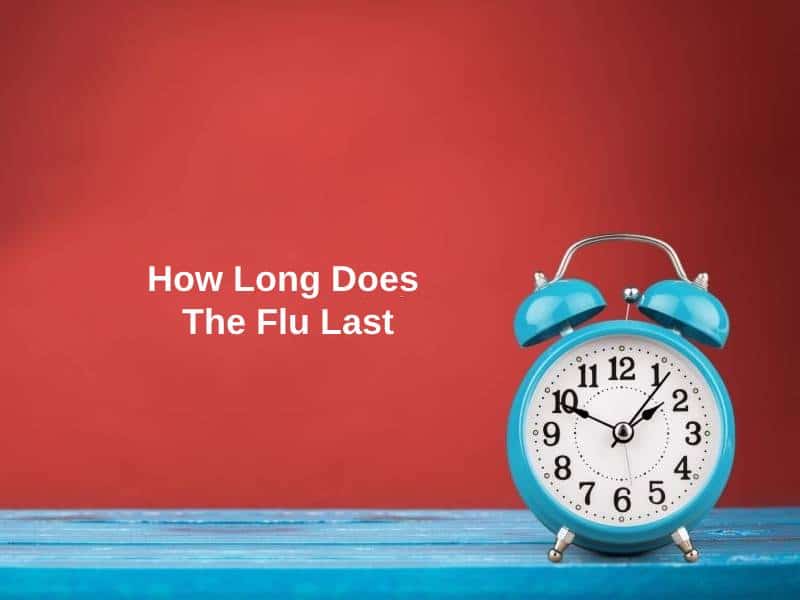
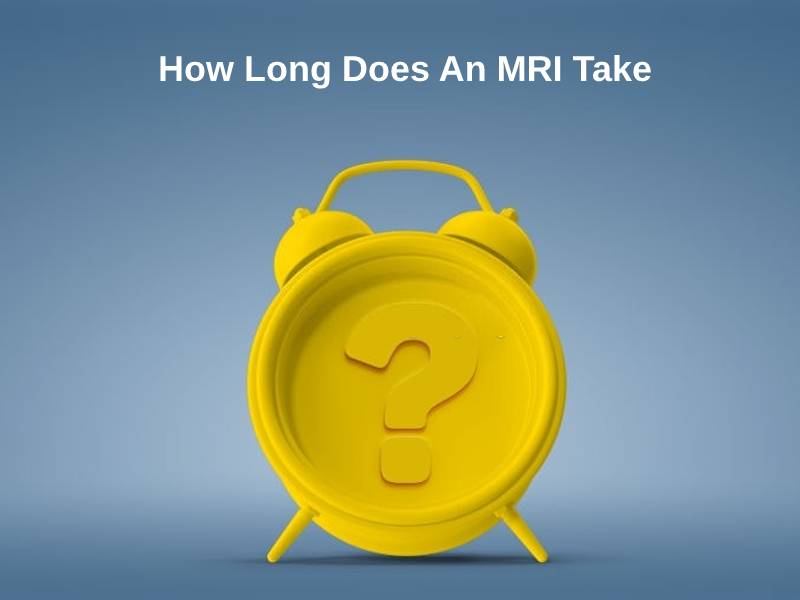

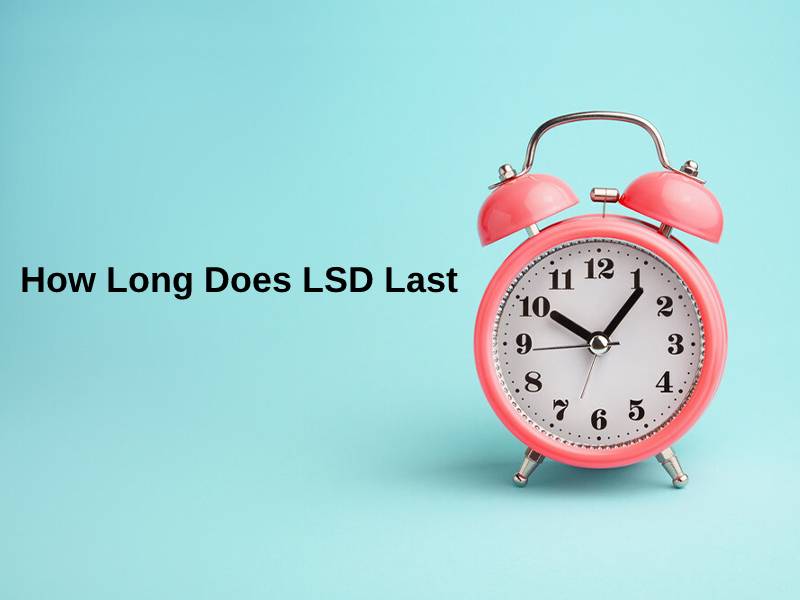
Although the article is informative, the topic itself is quite disturbing.
The information is vital despite the unsettling nature of the subject.
Yes, it’s not a comfortable topic to discuss.
The article’s emphasis on the preventive measures to curb the spread of herpes is commendable.
Yes, preventive strategies play a crucial role in managing viral outbreaks effectively.
I agree, the emphasis on risk mitigation is a key takeaway from the article.
The article highlights the importance of understanding viral outbreaks and their stages.
Precisely. It provides valuable insights into this aspect of healthcare.
The article provides a comprehensive overview of the herpes virus and its implications for public health.
The article’s coverage of herpes and its impact is informative and well-presented.
Absolutely, it’s an insightful exposition of a significant health concern.
This article explains the stages of a herpes outbreak in great detail. It has enriched my knowledge on the topic.
I’m glad to have learned so much about herpes from this article.
I agree, the information provided is very thorough.
The need for heightened awareness regarding the spread and control of herpes is well-addressed in this article.
The emphasis on awareness is a critical aspect of healthcare communication.
Indeed, promoting awareness is essential in managing such infections.
I appreciate the detailed analysis of the herpes virus and its repercussions on health.
The in-depth study of viral outbreaks provides valuable information to the readers.
Absolutely, it’s enlightening to delve into the complexities of such infections.
I found this article to be too clinical in its approach to discussing herpes.
The information regarding the stages of herpes is indispensable for those seeking knowledge about this infection.
Absolutely, this article offers a comprehensive view of the topic.
The details about herpes are presented in a rather matter-of-fact manner in this article.
Indeed, the article is quite straightforward in its depiction of the condition.